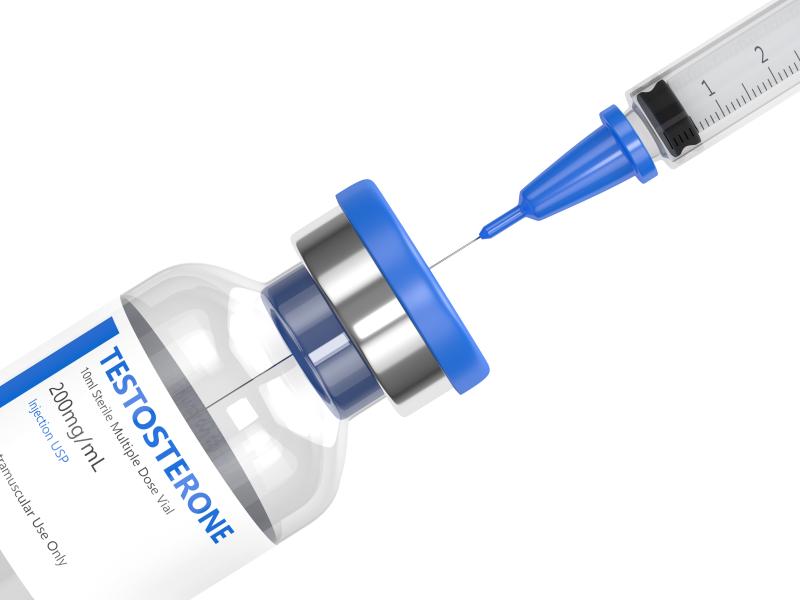
Testosterone treatment may slightly improve sexual functioning and quality of life in men without underlying organic causes of hypogonadism, but it offers little to no benefit for other common symptoms of ageing, according to a study. In addition, long-term efficacy and safety of this therapy remain unknown.
The investigators performed English-language searches of several electronic databases (January 1980 to May 2019) and reference lists from systematic reviews. They identified 38 randomized controlled trials (RCTs), with a minimum duration of 6 months, that examined transdermal or intramuscular testosterone therapies vs placebo or no treatment and reported prespecified patient-centred outcomes.
Twenty long-term observational studies, US Food and Drug Administration review data, and product labels reporting harms information were also included in the analysis. The studies mostly involved older men with varying age, symptoms and testosterone eligibility criteria.
In men with low testosterone levels, testosterone therapy correlated with improved sexual functioning and quality of life, but the effect sizes were small, and the evidence had low-to-moderate certainty. Such treatment also demonstrated little to no effect on physical functioning, depressive symptoms, energy and vitality, or cognition.
Harms evidence in RCTs was deemed insufficient or of low certainty for most harm outcomes. In addition, trials were not designed to assess cardiovascular events or prostate cancer and often excluded men at increased risk for these conditions.
On the other hand, confounding by indication and contraindication limited the observational studies.
“Few trials exceeded a 1-year duration, minimum important outcome differences were often not established or reported, RCTs were not powered to assess important harms, few data were available in men aged 18–50 years, definitions of low testosterone varied, and study entry criteria varied,” the investigators said.